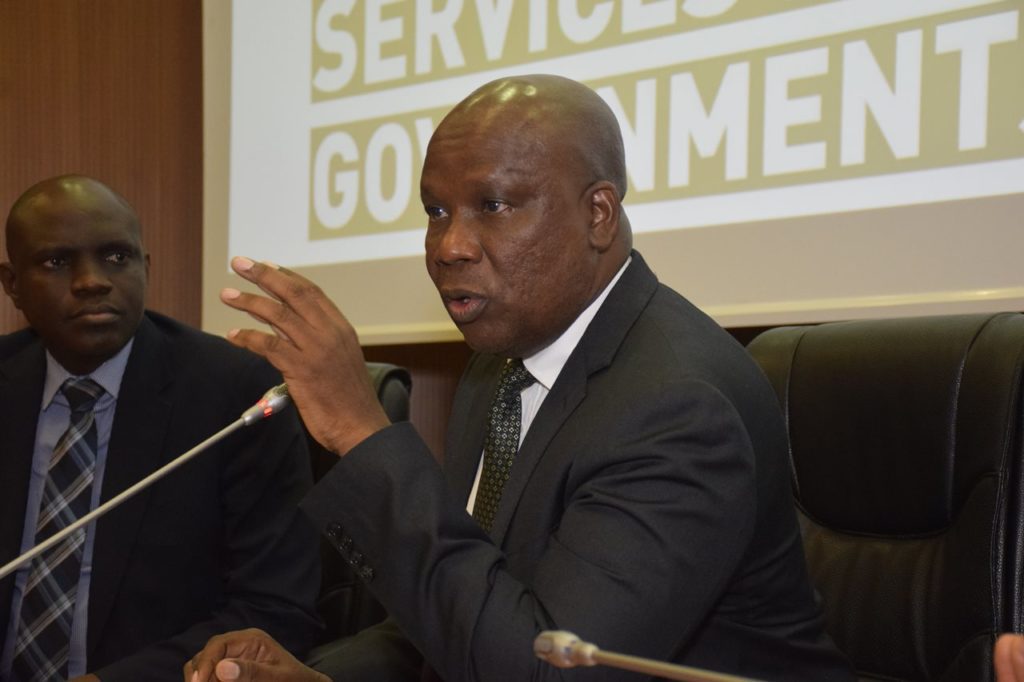The Nigeria Incentive-Based Risk Sharing System for Agricultural Lending (NIRSAL PLC) at their headquarters has initiated a unique national scheme to sustain the value of new and old agricultural tools across the country.
This is in line with its mandate to enable the transformation of Nigerian Agriculture by making impactful interventions at critical points of the agricultural value chain,
NIRSAL is partnering with the Machine and Equipment Consortium Africa (MECA) on the project which is known as Agricultural Machine Repair, Maintenance and Management Service Scheme for Sub-National Governments. The National Agency for Science and Engineering Infrastructure (NASENI) is also part of this partnership.
Dizengoff Tasks Farmers on Mechanization
An implication of this partnership is that it will contribute to reducing the huge gap that currently exists between the country’s need for agricultural mechanization and current capacity.
It is also a key objective of the new scheme is to end the colossal waste of billions of Naira which was invested in acquiring agricultural equipment.
It is estimated that there are about 50,000 disused tractors and other equipment in different parts of the country.
However, NIRSAL said the country needs 10,000 tractors annually for the next ten years to achieve significant mechanization.
They further said an additional capital of N120 billion was required to meet the target of 10,000 tractors per year is met and it will lead to a tremendous expansion of available mechanized land nationally by 3.6m hectares as well enable the production of about 14.4m metric tons of grain.
NIRSAL, NACCIMA Partner to Create Policy Linkages to Implement the Agriculture Component of the ERGP
The MD of NIRSAL said quoting World Bank said the average number of tractor per 100 sq.km of arable land in Nigeria is a paltry 6.8 compared to 26.9 in Kenya and a world average of 195.3.
The Managing Director of NIRSAL, Mr Aliyu Abdulhameed lamented the sad state of affairs, asserted the commitment of NIRSAL and its partners in the project towards ensuring that agricultural modernization and productivity in the country becomes a reality.




